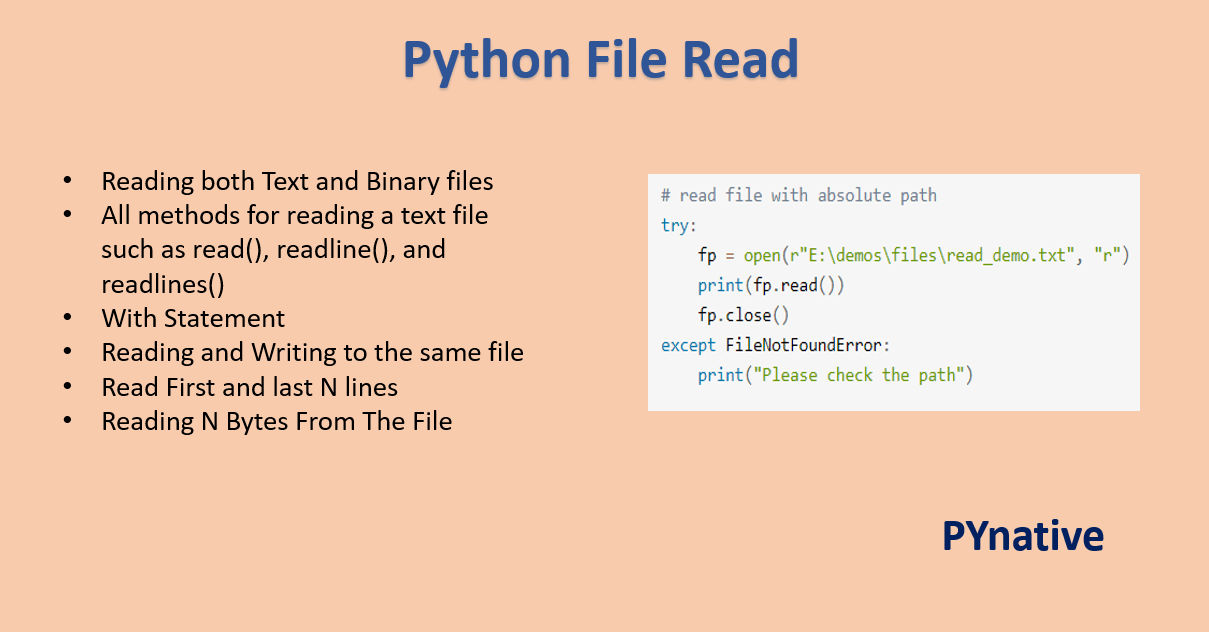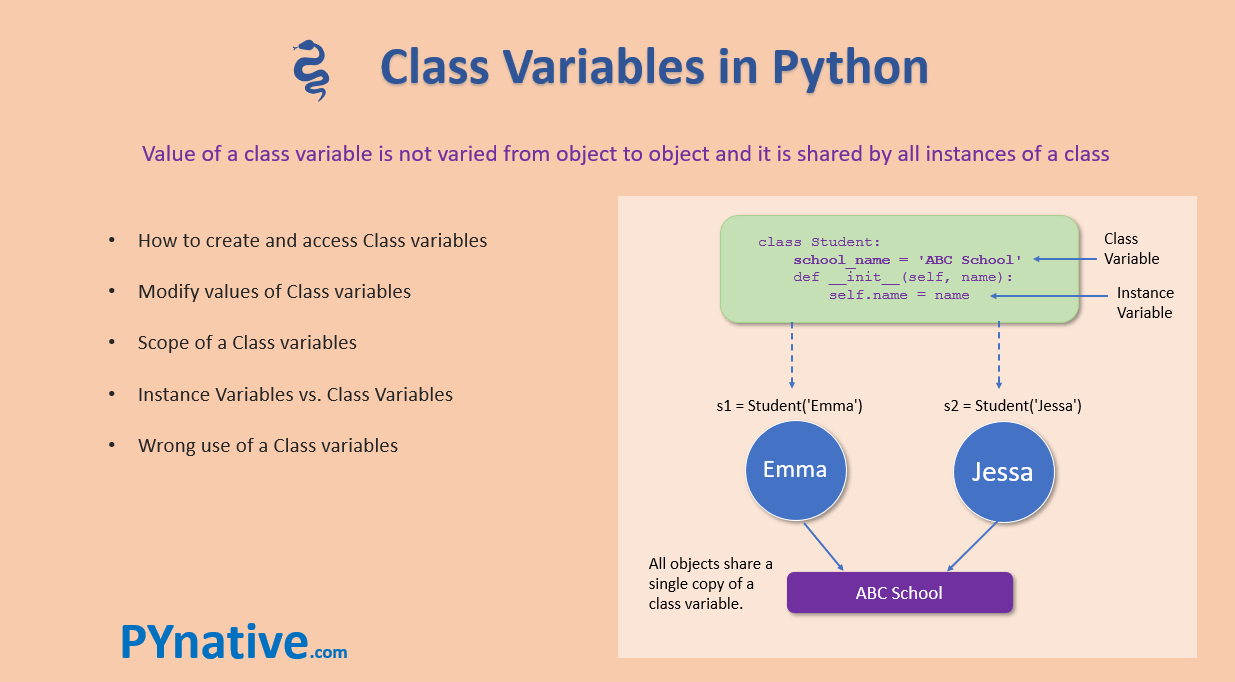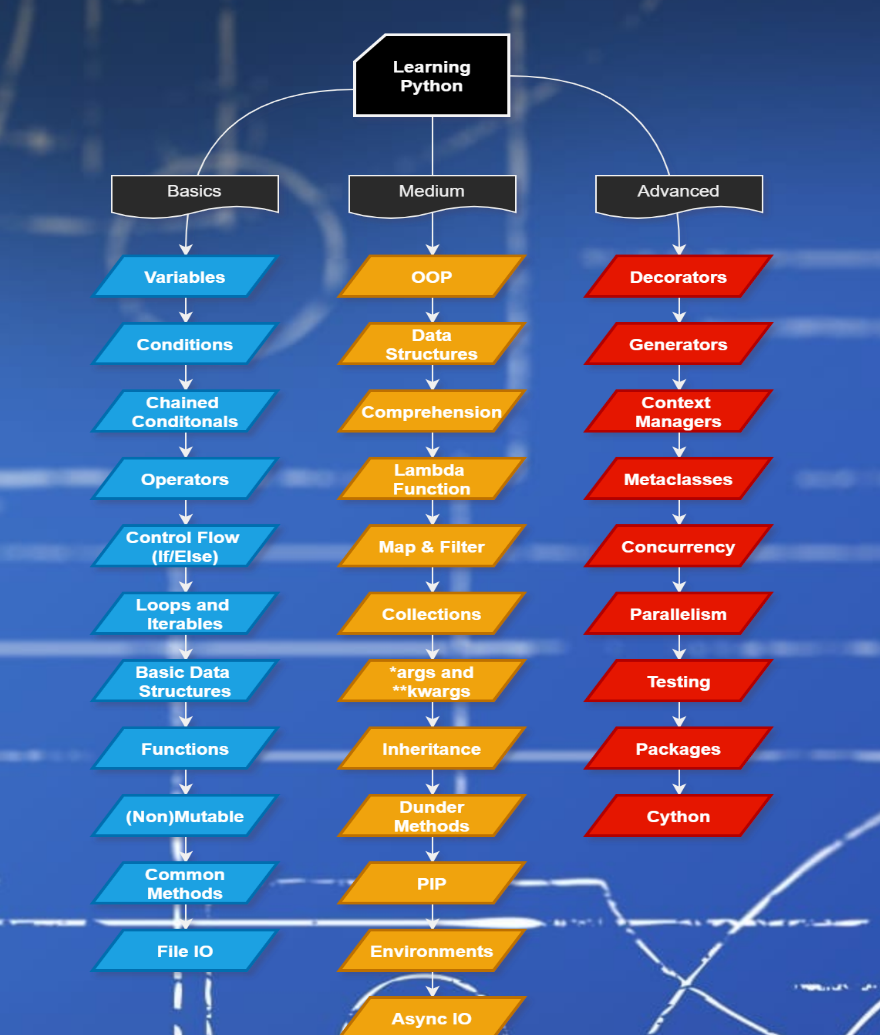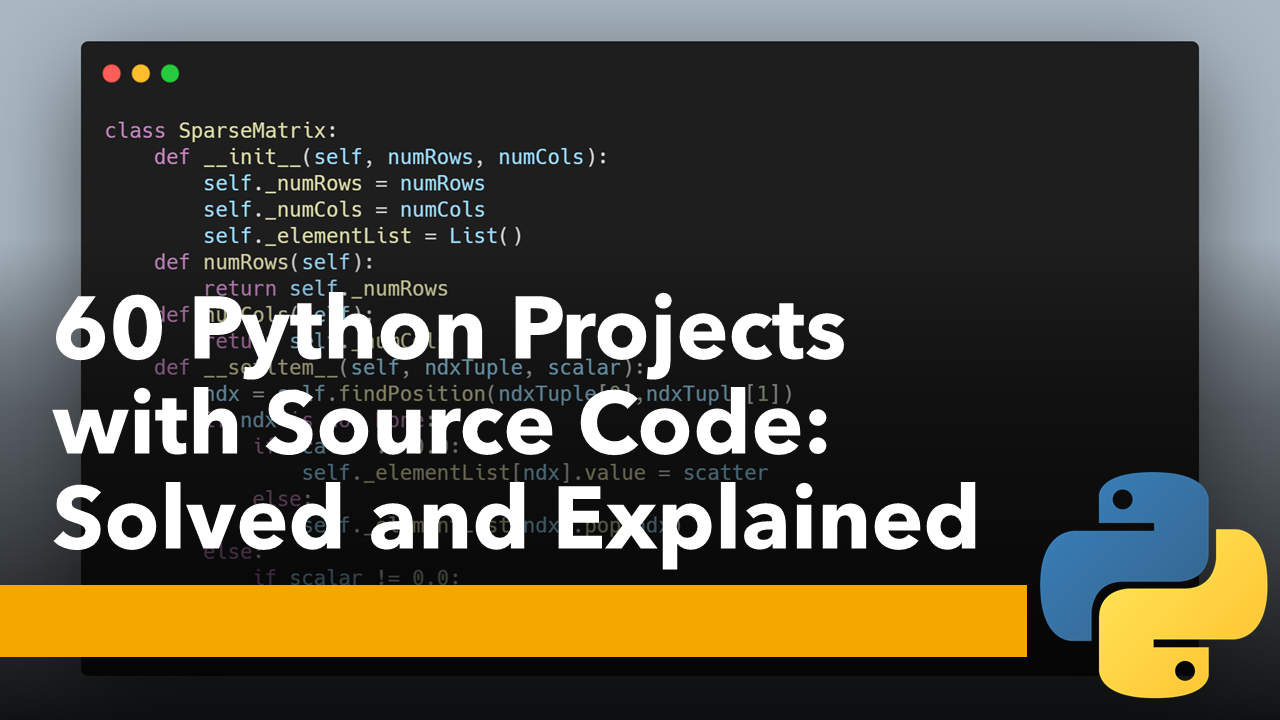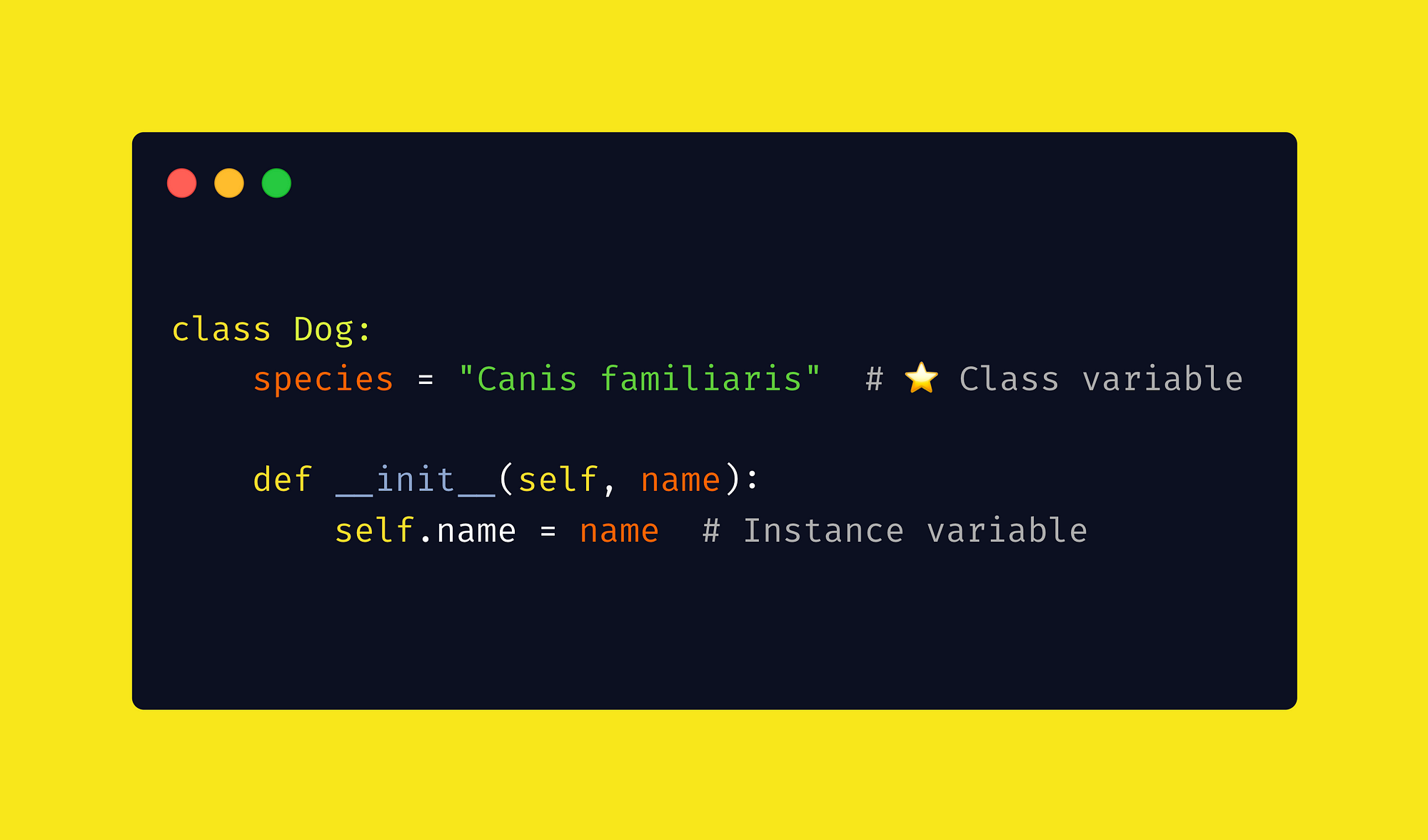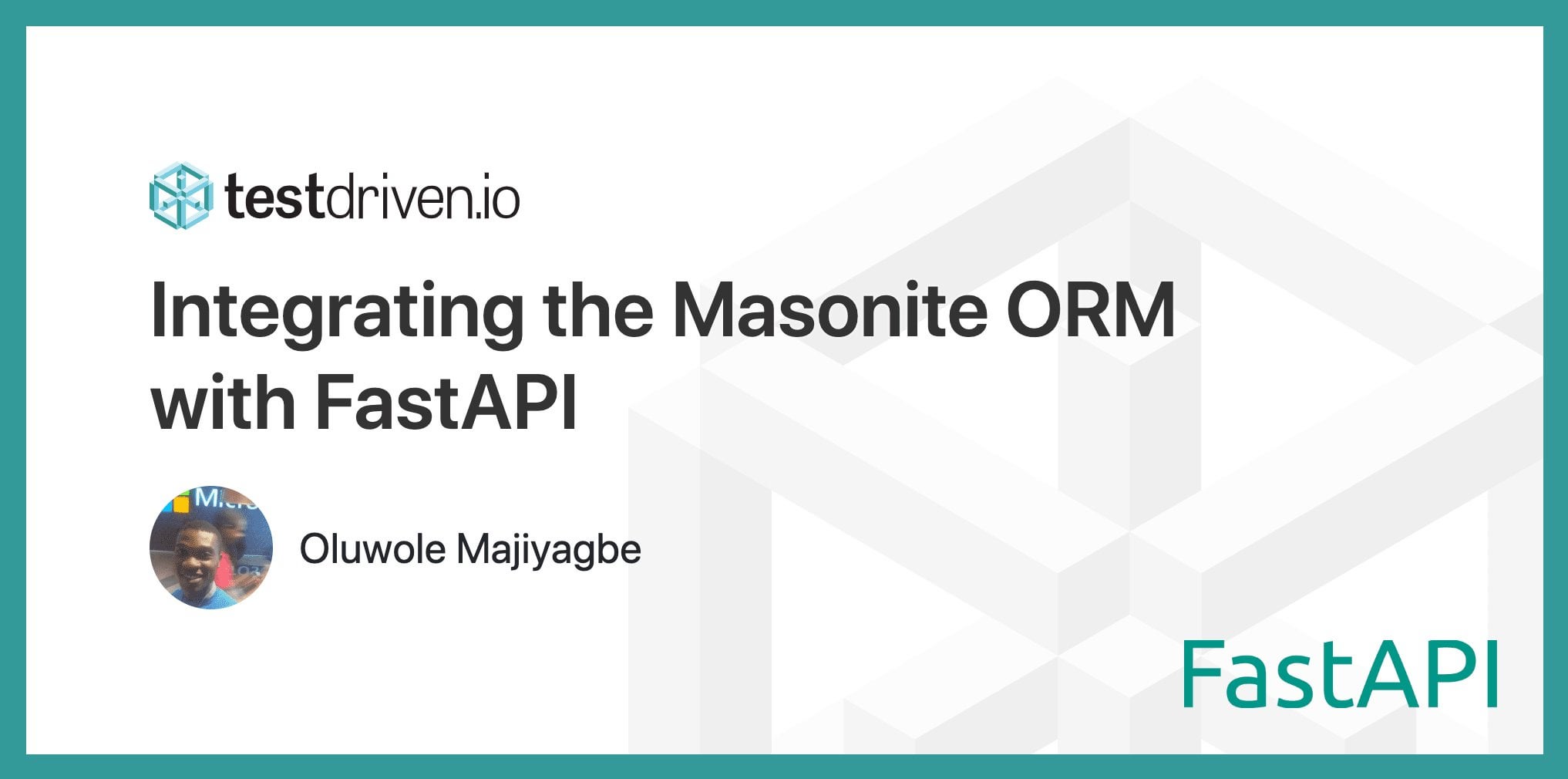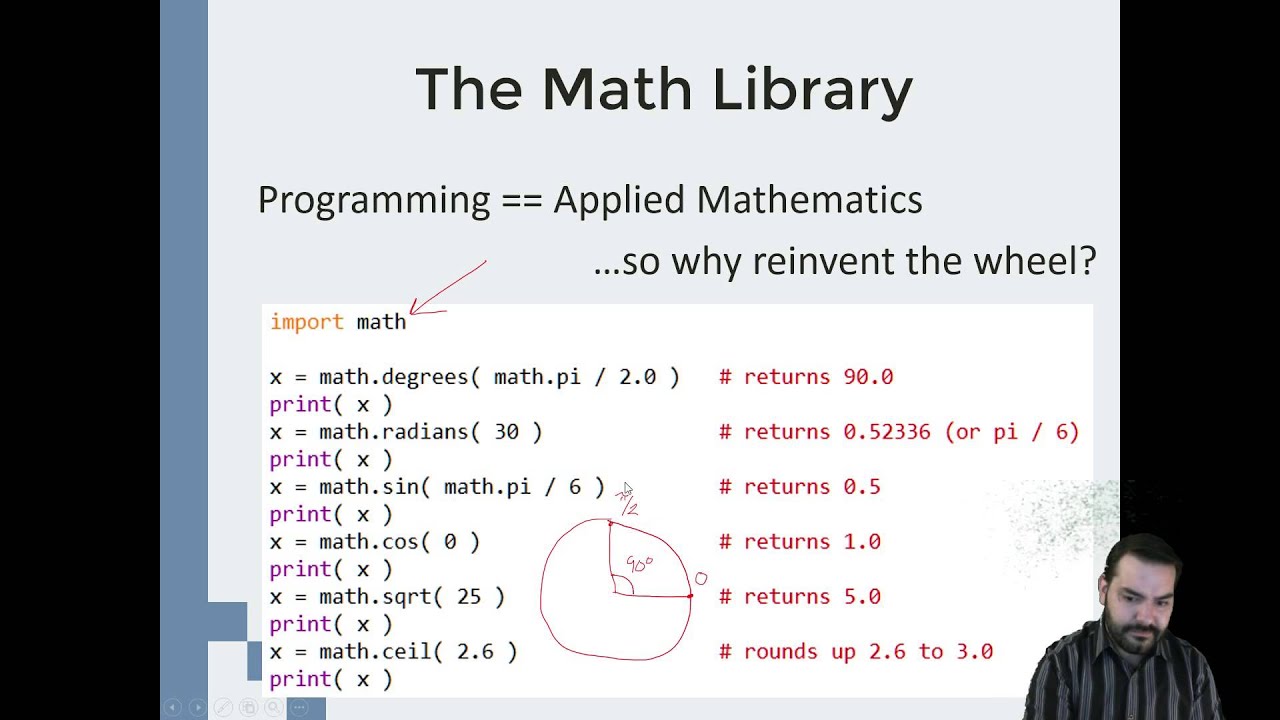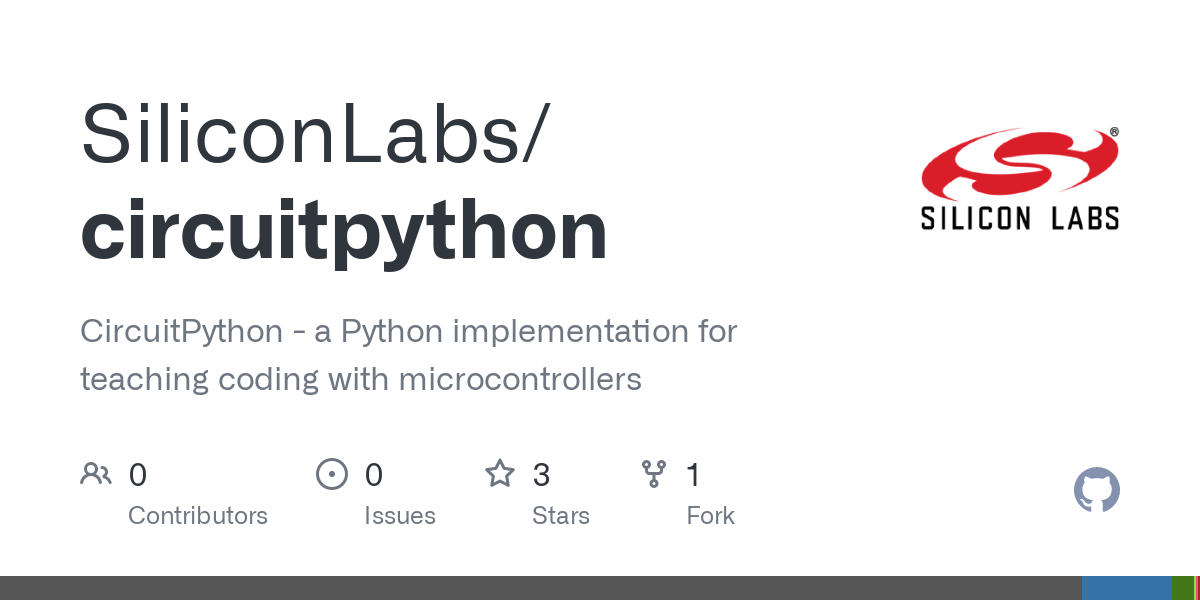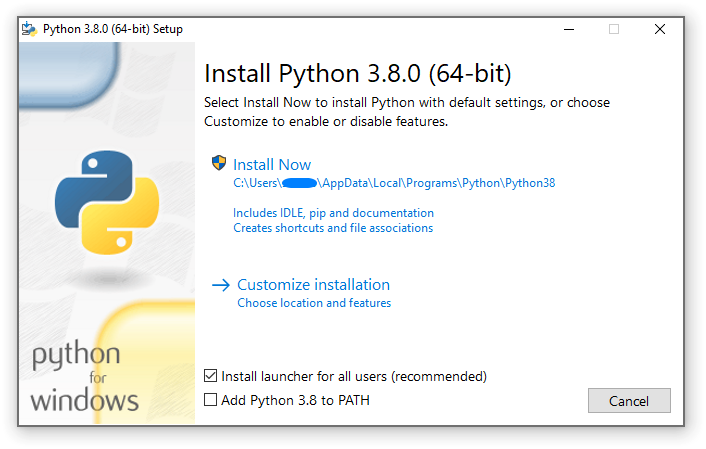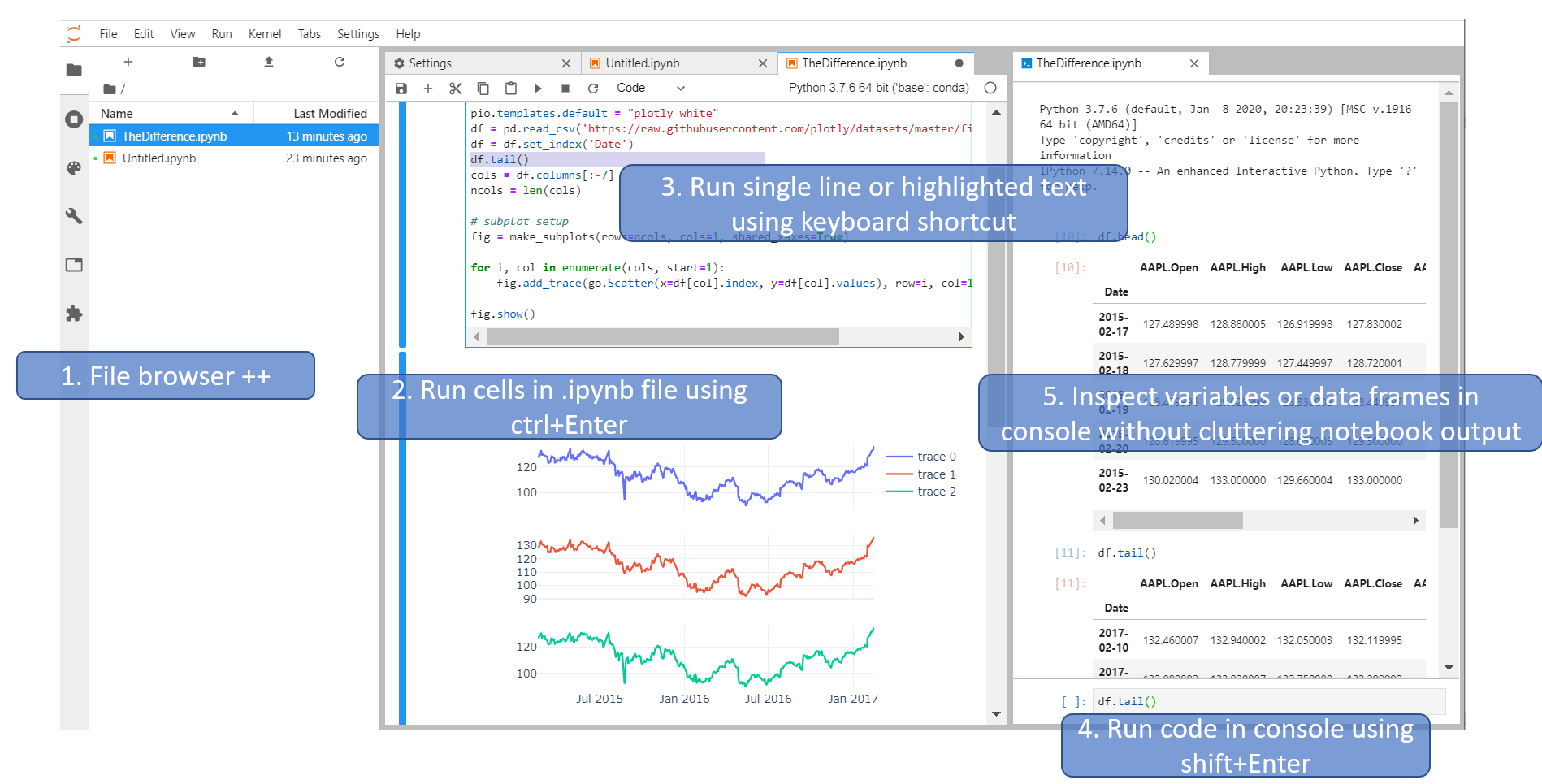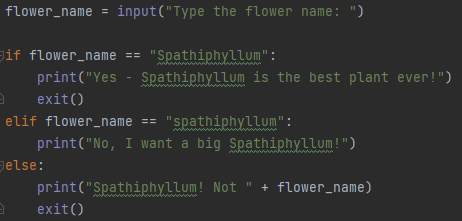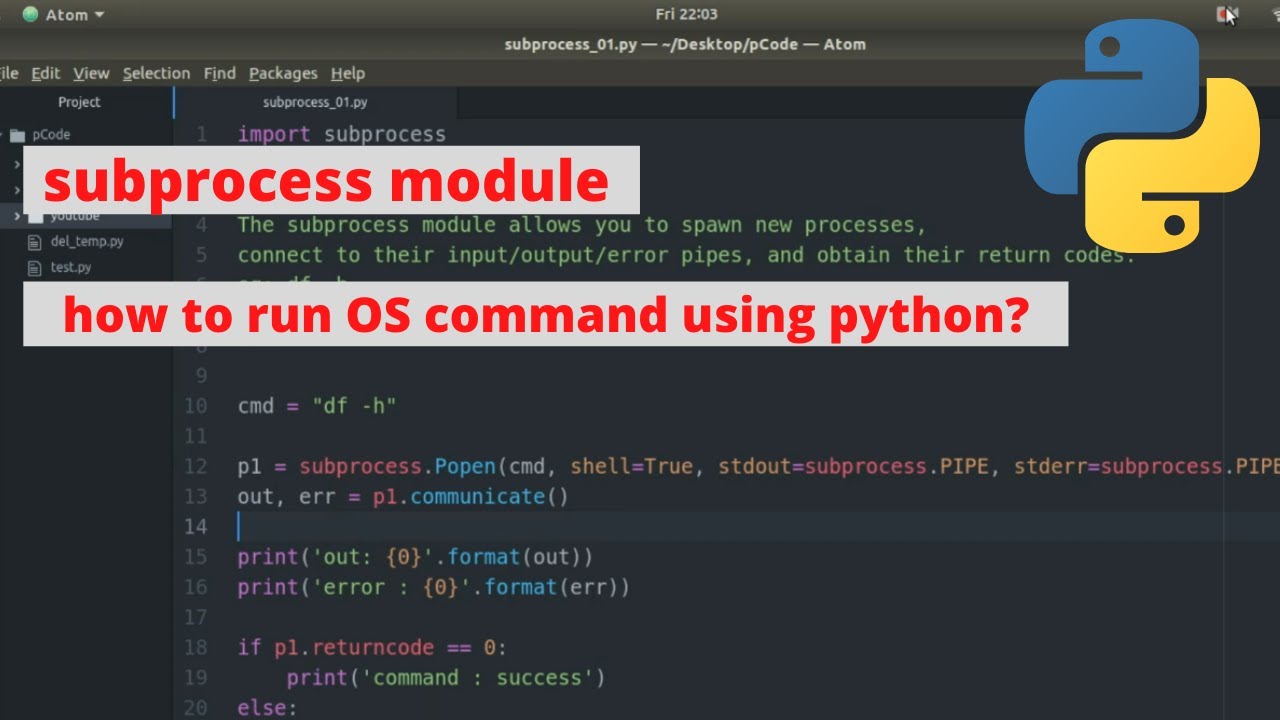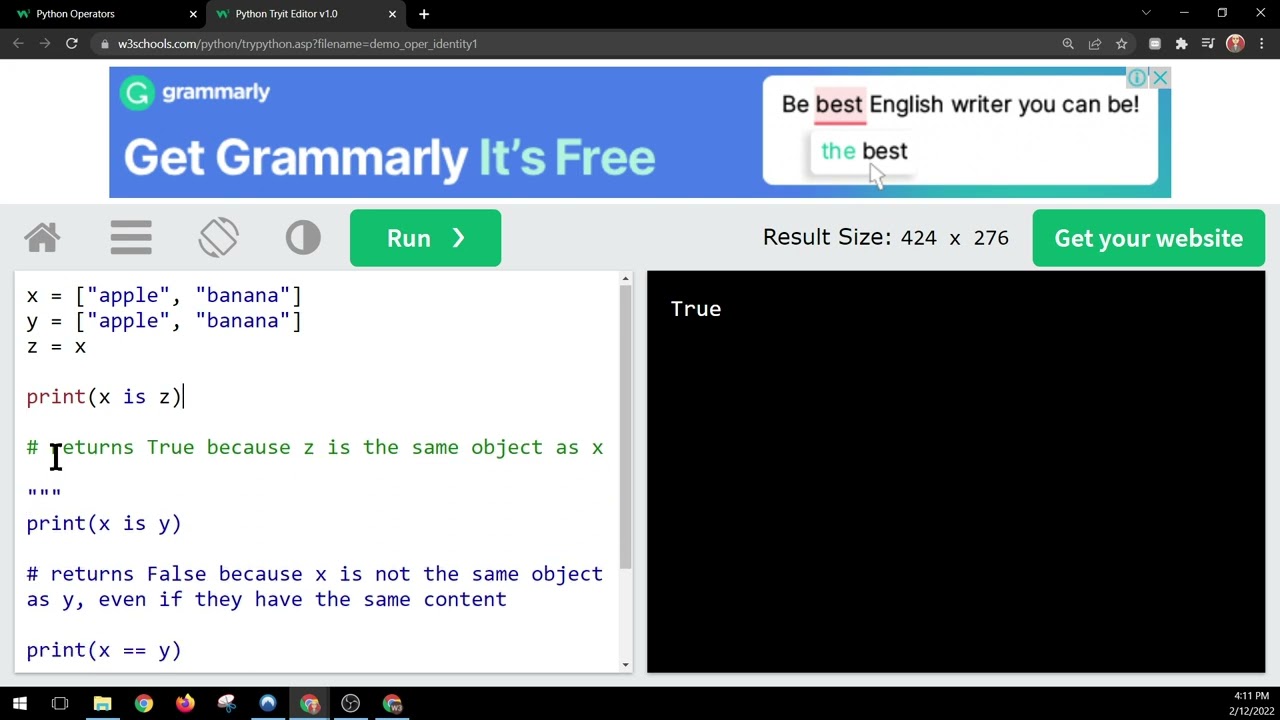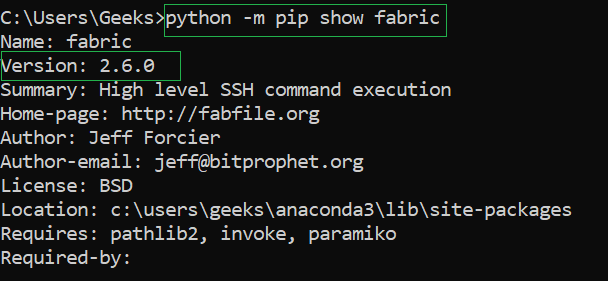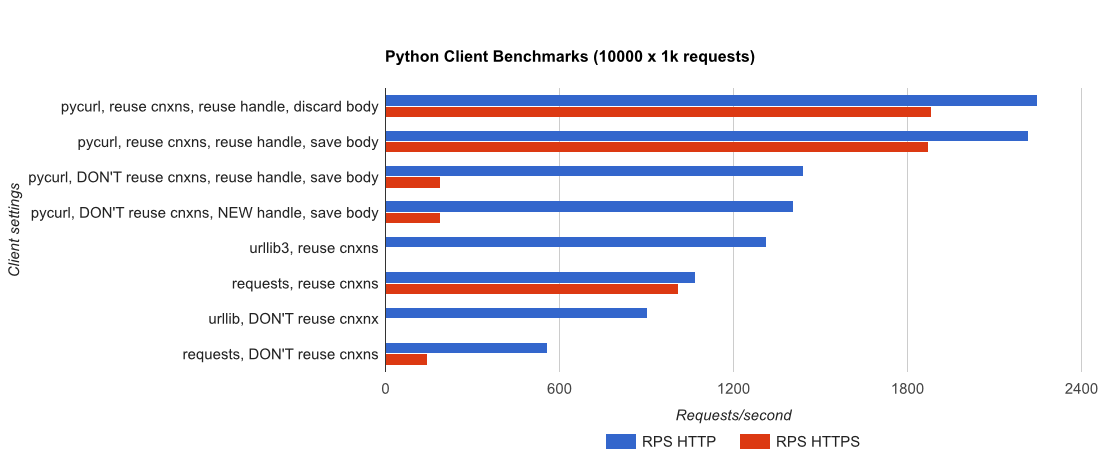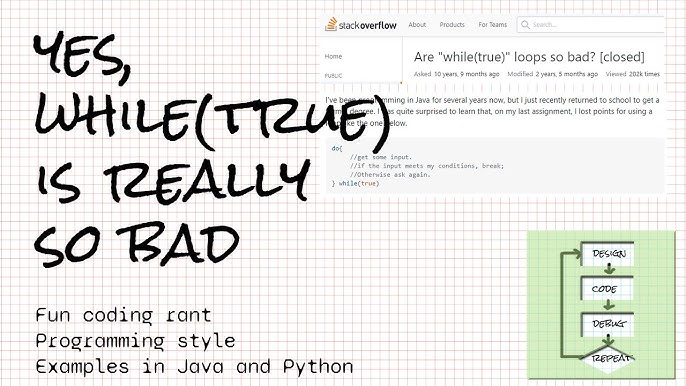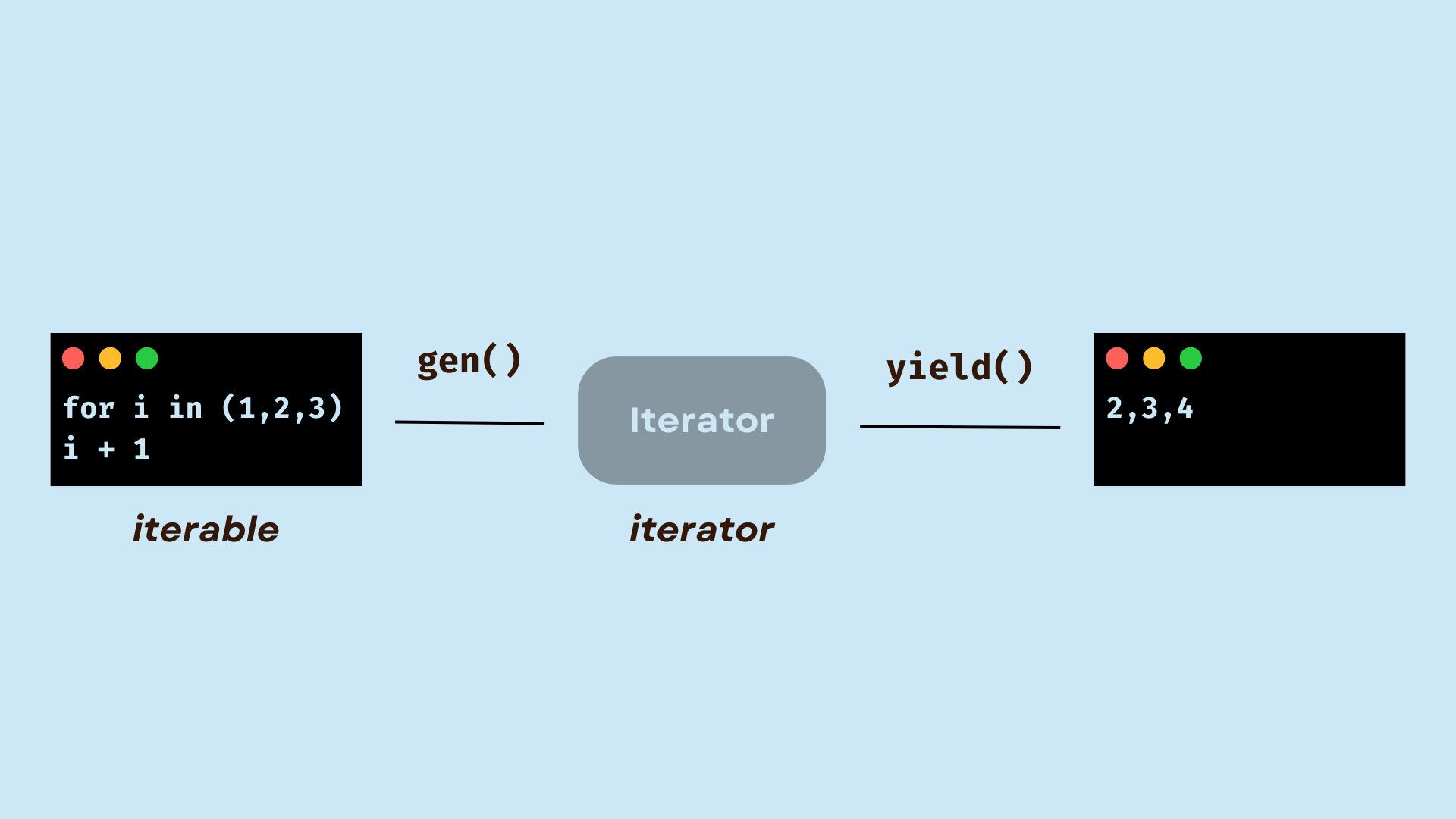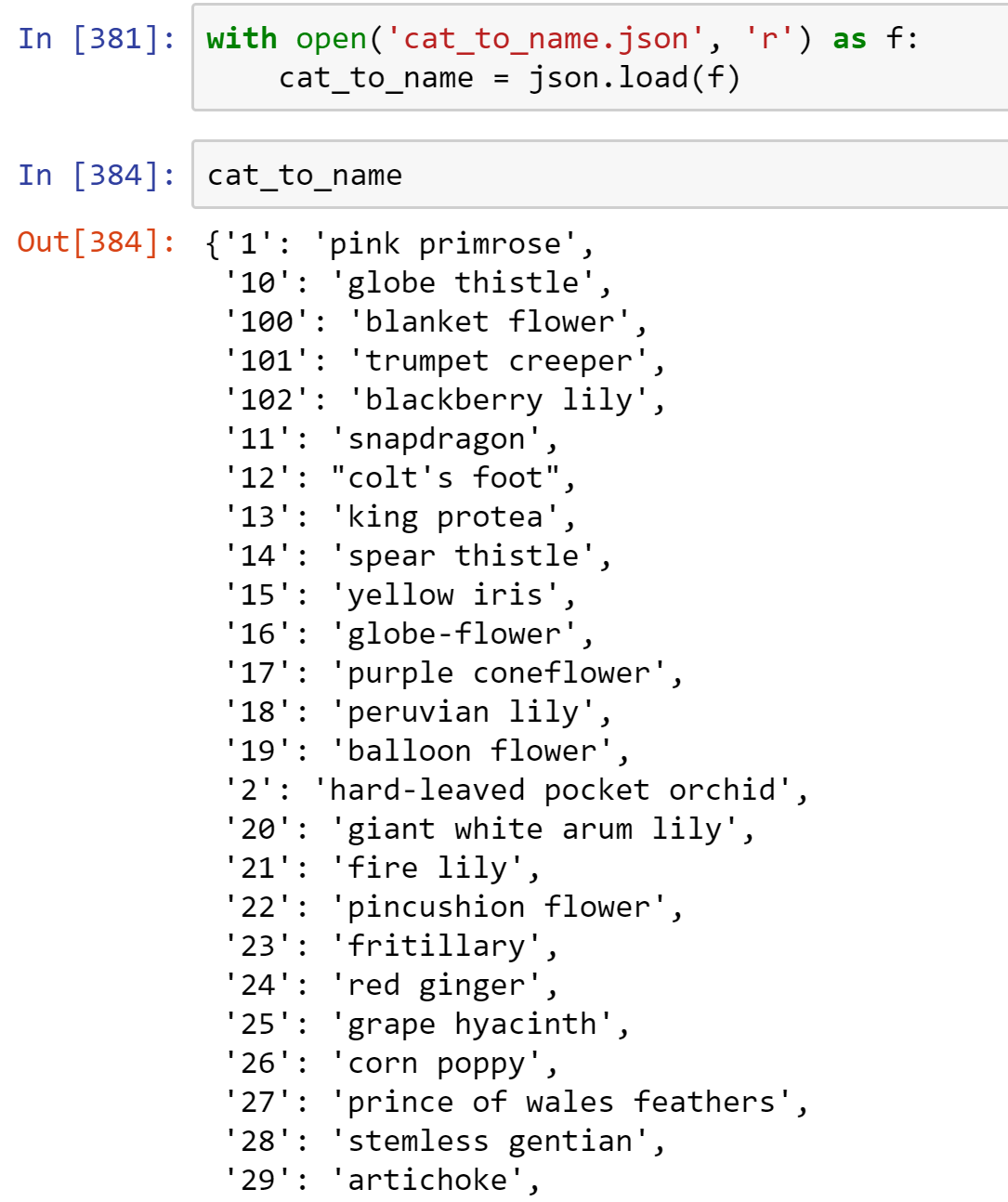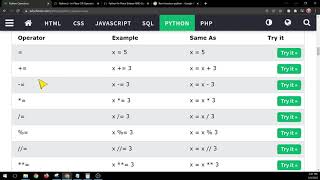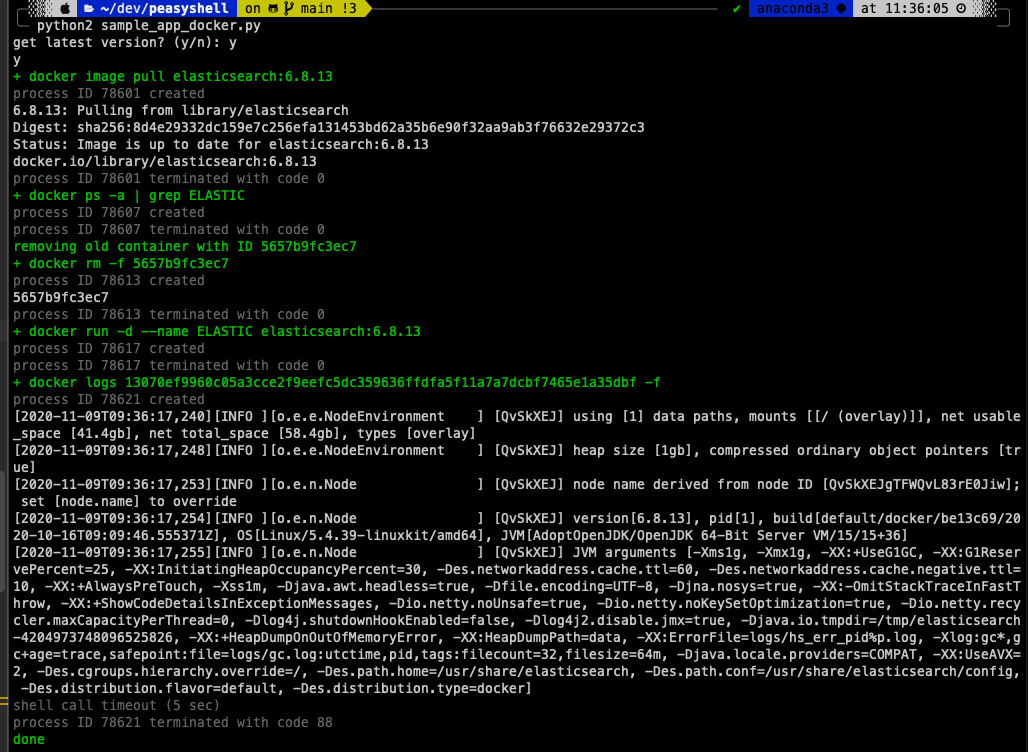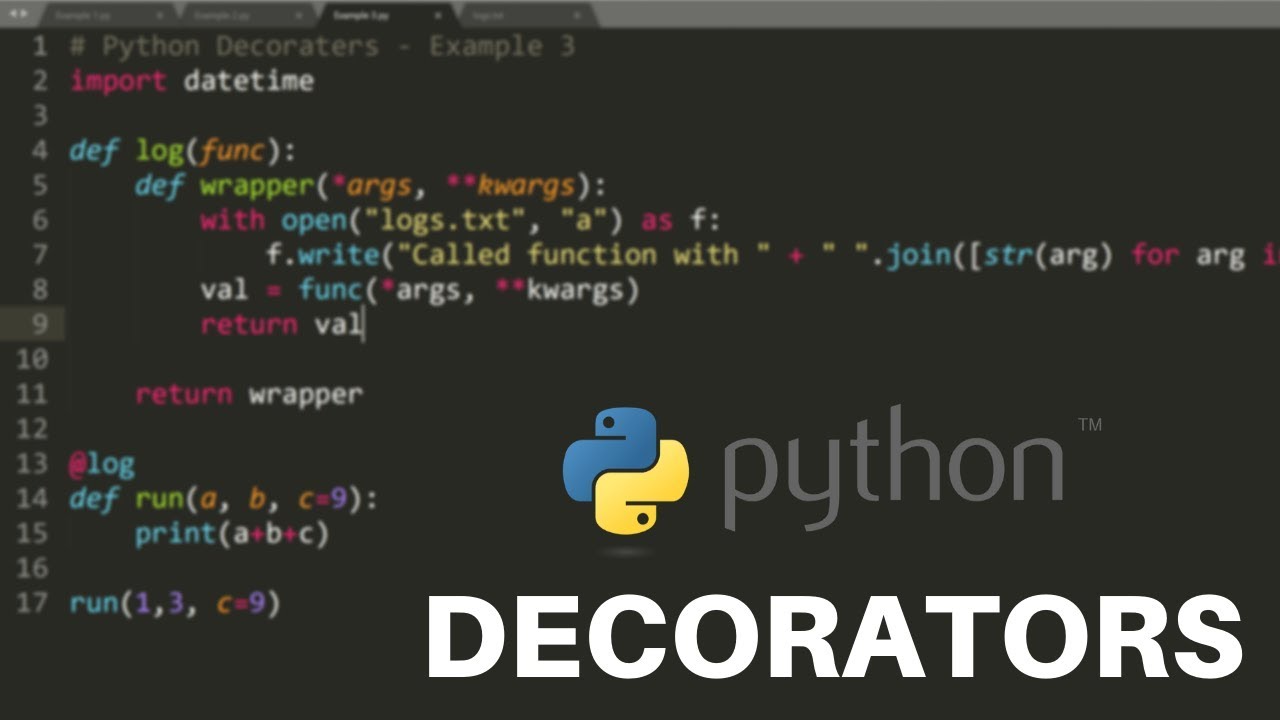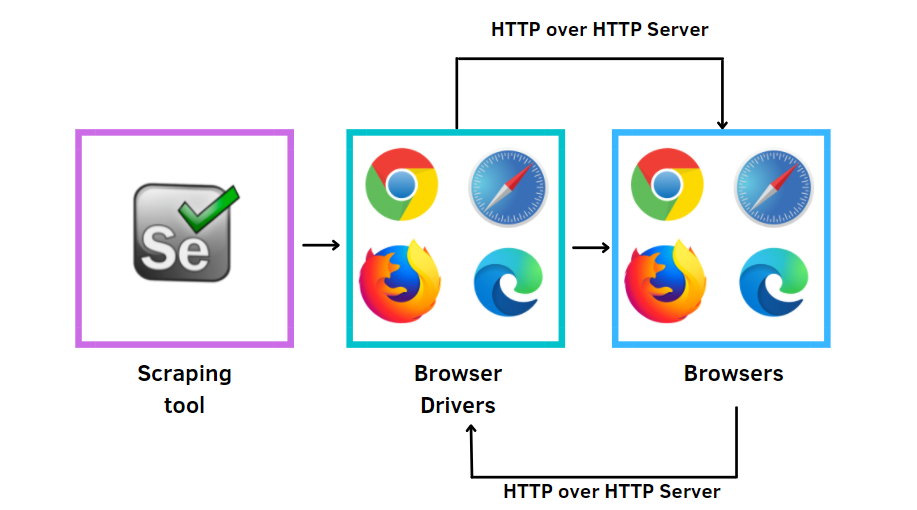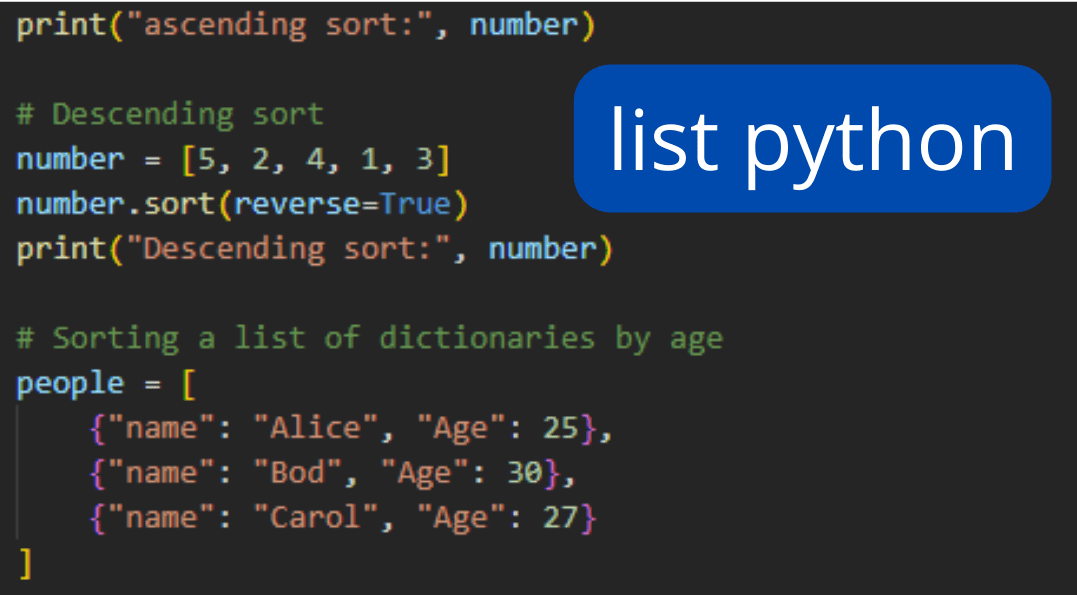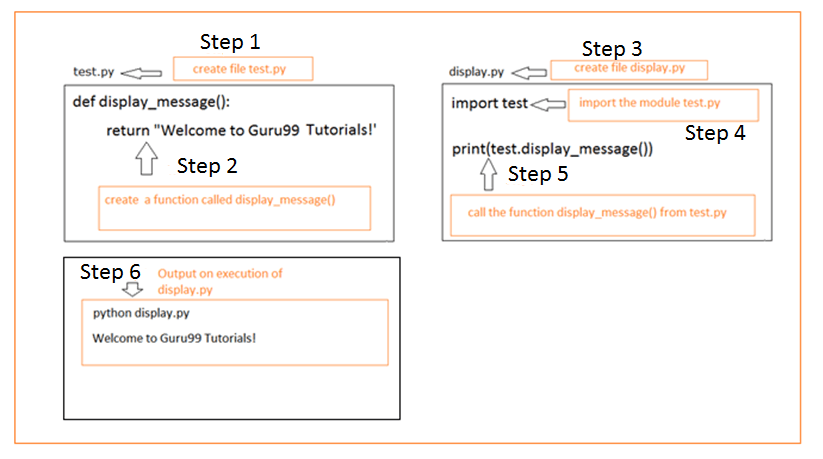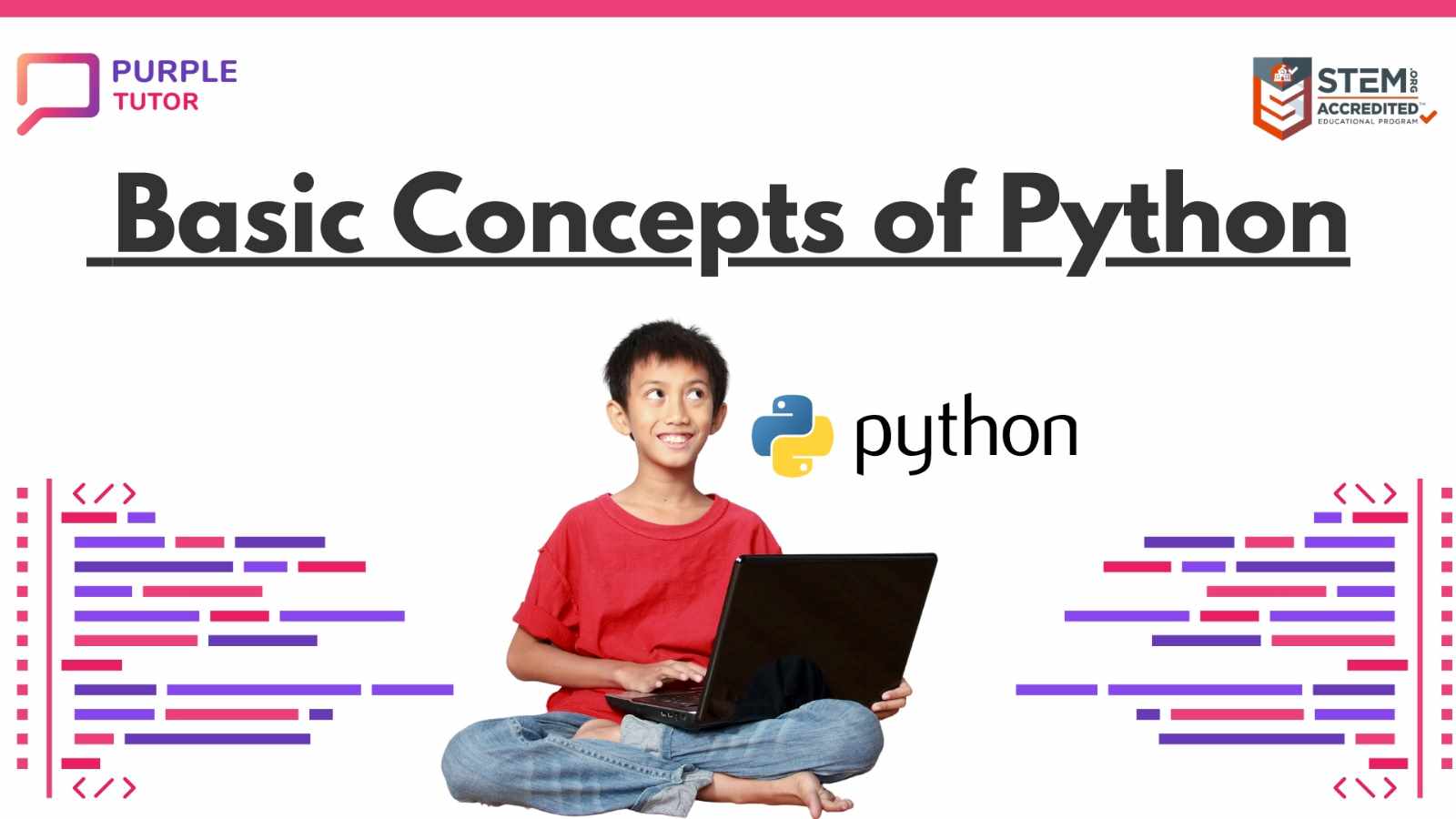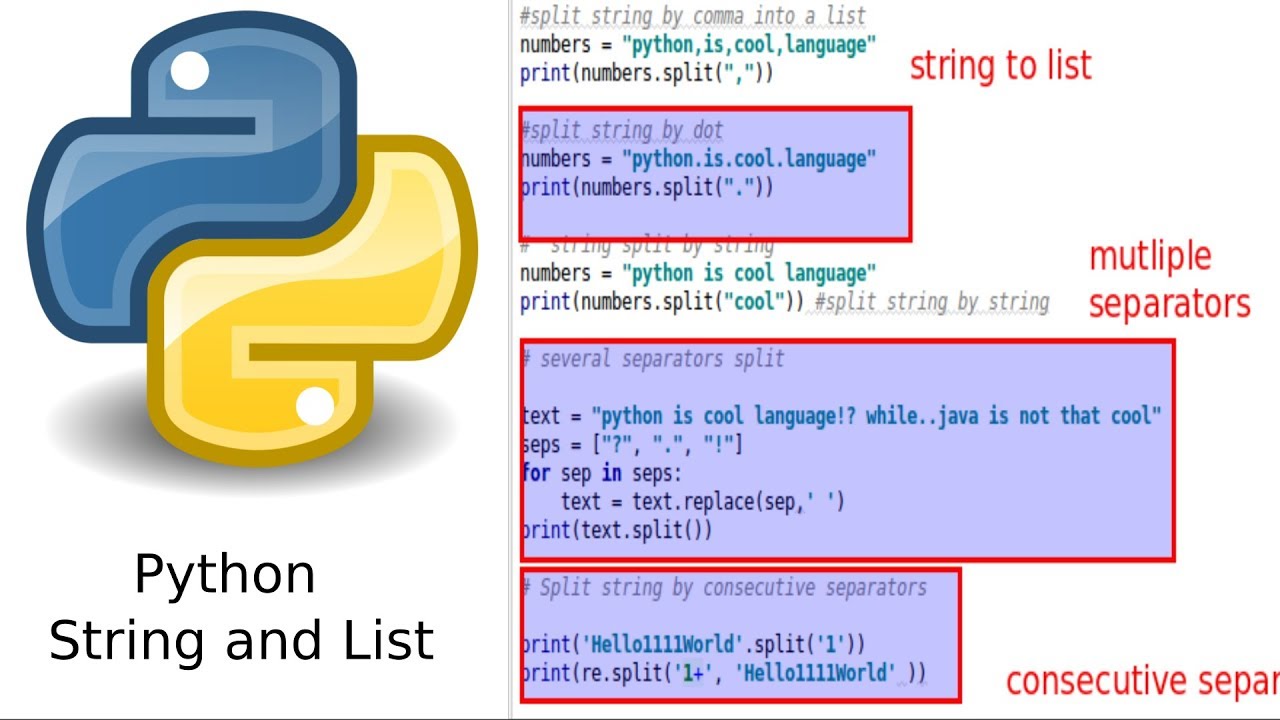How to practice python programming step by step
How to practice python programming step by step
I'd be happy to help you with that! Here's a step-by-step guide on how to practice Python programming:
Step 1: Learn the Basics
Start by learning the basic syntax and data types of Python. You can start with online resources like Codecademy, DataCamp, or Coursera. Complete their introductory courses or tutorials to get a solid foundation in Python.
Step 2: Install a Text Editor/IDE
Install a text editor or Integrated Development Environment (IDE) that supports Python programming. Some popular choices include:
PyCharm Visual Studio Code Sublime Text AtomMake sure you install the necessary plugins and extensions to enable features like syntax highlighting, code completion, and debugging.
Step 3: Write Your First Program
Write a simple "Hello World" program to get started. You can try something like this:
print("Hello, World!")
Run your program using the IDE or text editor's built-in interpreter (if available) or by executing it directly in the command line.
Step 4: Practice with Online Resources
Now that you've written your first program, start practicing with online resources. Here are some popular ones:
LeetCode: Solve Python problems and challenges to improve your coding skills. HackerRank: Complete Python exercises and projects to hone your skills. Project Euler: Work on mathematical problems using Python. Code Golf: Practice writing concise, efficient code.Step 5: Learn from Tutorials and Guides
Follow online tutorials and guides to learn specific concepts or techniques. For example:
Automate the Boring Stuff with Python: A comprehensive guide to automating tasks with Python. Full Stack Python: A tutorial series on building web applications using Flask and Django. Real Python: In-depth tutorials and guides on various Python topics.Step 6: Work on Projects
Apply what you've learned by working on projects that interest you. This could be anything from:
Command-line tools Data analysis and visualization Web scraping Games developmentAs you progress, try to tackle more complex projects that integrate multiple concepts and techniques.
Step 7: Join Online Communities
Engage with online communities to learn from others, get feedback on your code, and stay motivated. Some popular options include:
Reddit's r/learnpython Python subreddit Stack Overflow (Python tag) Python mailing listsStep 8: Read Books
Supplement your learning by reading books that focus on specific aspects of Python programming. Some popular choices include:
"Python Crash Course" by Eric Matthes "Automate the Boring Stuff with Python" by Al Sweigart "Learning Python" by Mark LutzStep 9: Attend Meetups and Conferences
Meet fellow programmers, attend talks, and participate in workshops to further your learning. Look for local meetups or online events.
Step 10: Continuously Learn and Improve
Don't stop learning! Continuously improve your skills by:
Reading online resources Participating in coding challenges Working on new projects Experimenting with different libraries and frameworksRemember, practice is key. Stick to these steps, and you'll be well on your way to becoming a proficient Python programmer. Good luck, and have fun!
How to practice python programming online
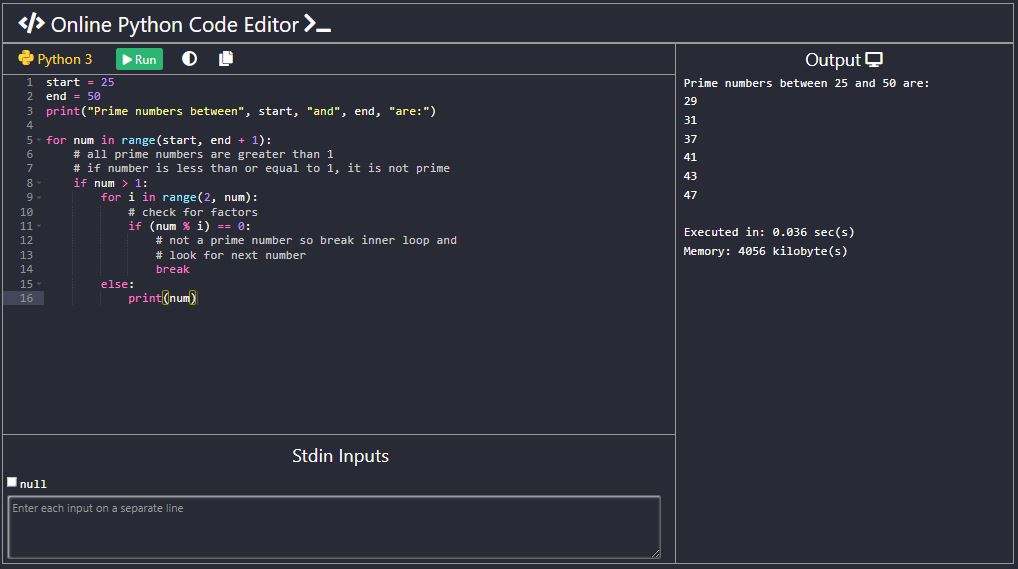
Here's a comprehensive guide on how to practice Python programming online:
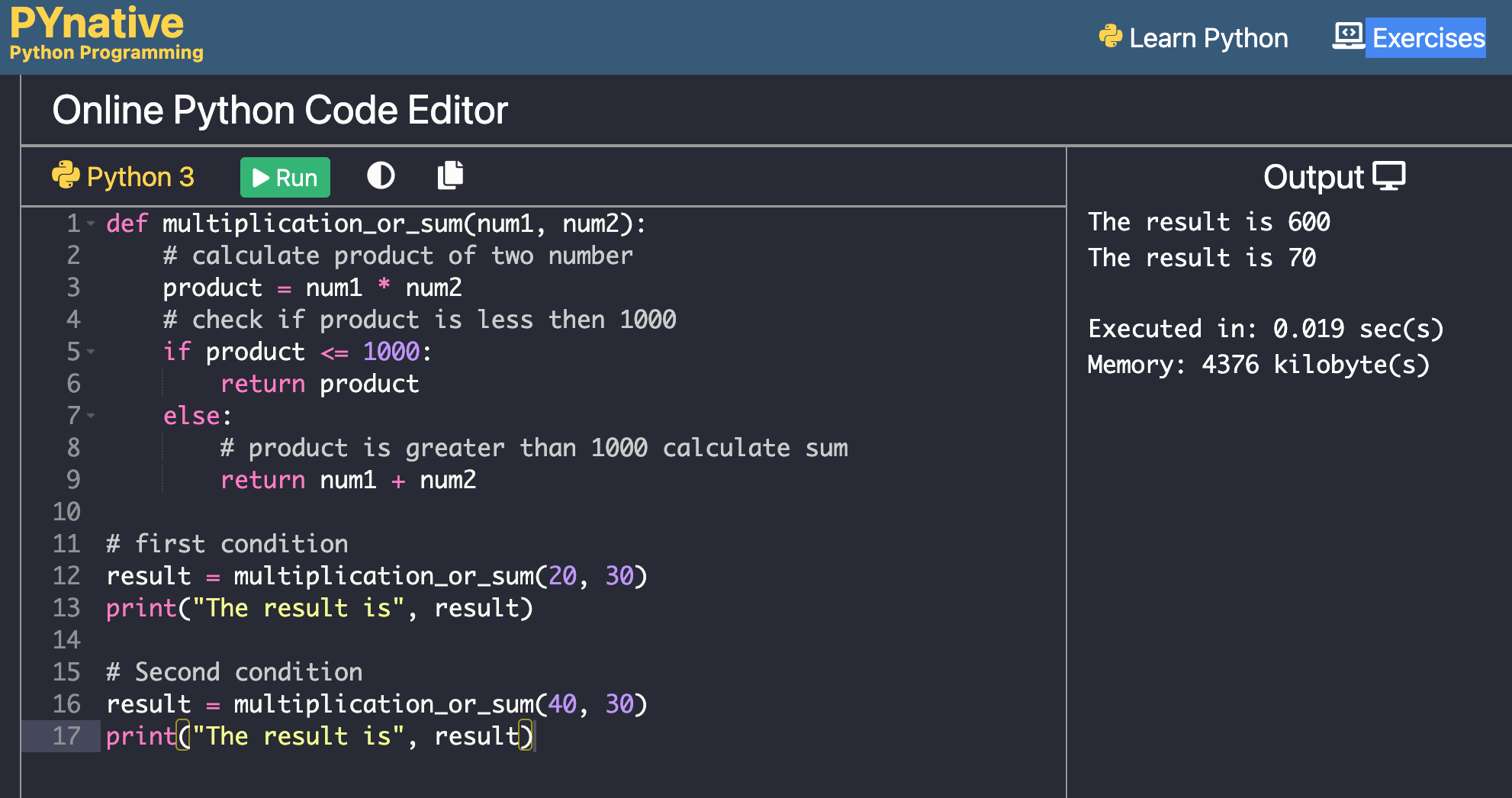
Websites:
LeetCode: LeetCode is one of the most popular platforms for practicing coding challenges, including Python. They offer a vast array of problems categorized by difficulty level, with explanations and solutions provided. HackerRank: HackerRank is another well-known platform that offers a variety of coding challenges, including Python. They have a strong focus on preparing you for real-world programming scenarios. Codewars: Codewars is a martial arts-themed platform where you can practice coding katas (small programming exercises) in Python and other languages. Project Euler: Project Euler is a platform that offers mathematical problems to be solved using Python (and other languages). It's an excellent way to improve your problem-solving skills while learning Python.Tutorials and Online Courses:
Codecademy: Codecademy is an online coding school that offers interactive Python courses, covering topics from basics to advanced levels. Python.org: The official Python website has a section dedicated to tutorials and guides for beginners. ** edX**: edX offers various Python courses from top universities like Harvard and University of Michigan.Practice with Real-World Projects:
Kaggle: Kaggle is a platform where you can practice machine learning and data science by working on real-world projects, including those that require Python programming.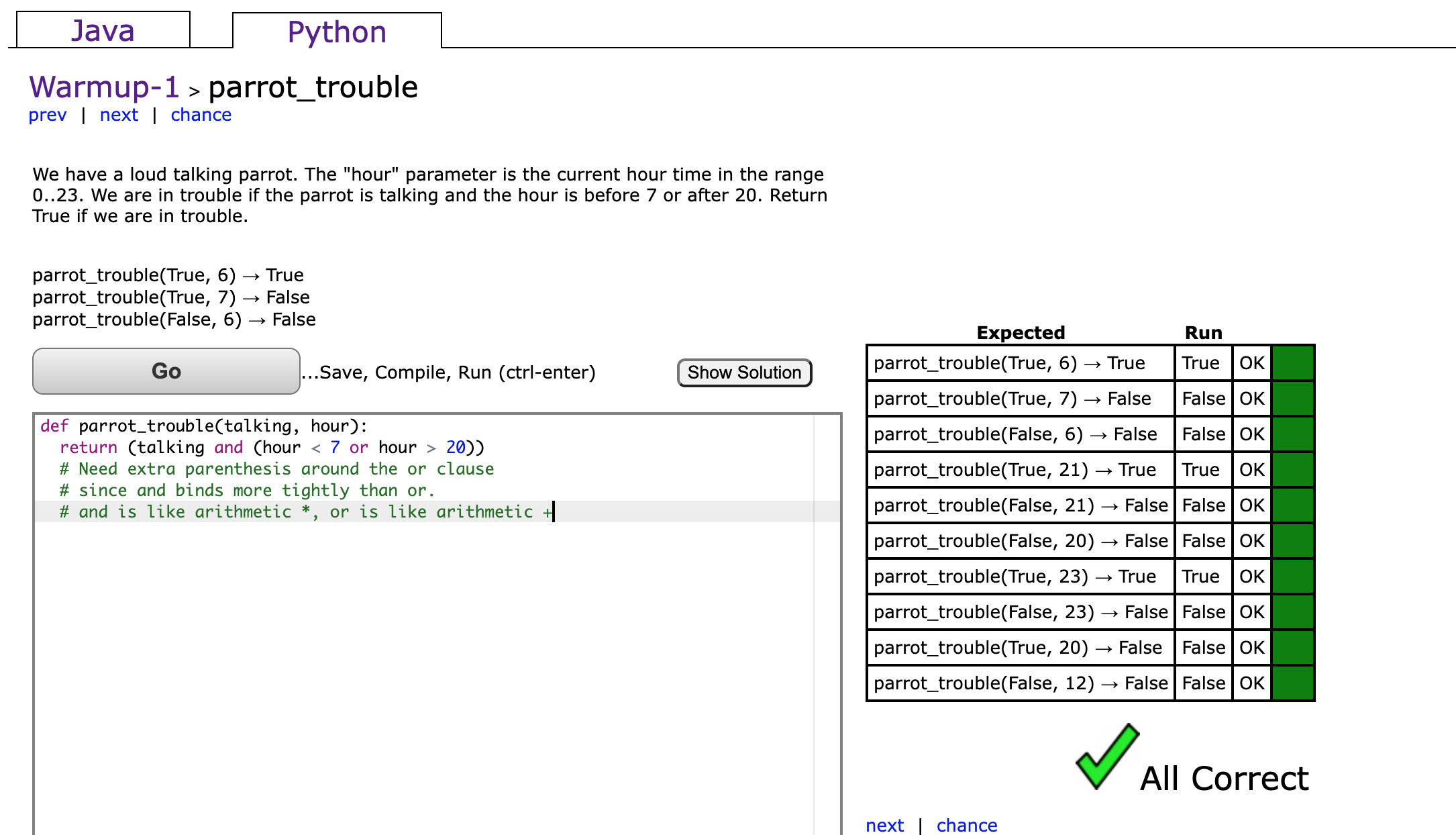
Communities and Forums:
Reddit (r/learnpython): The r/learnpython subreddit is an excellent community where you can ask questions, share resources, and get feedback on your code. Stack Overflow: Stack Overflow has a dedicated Python tag where you can find answers to specific questions or ask new ones.Books and Resources:
"Python Crash Course" by Eric Matthes: A comprehensive book for beginners that covers the basics of Python programming. "Automate the Boring Stuff with Python" by Al Sweigart: A book focused on practical applications of Python, such as automating tasks and working with data. "Python for Data Analysis" by Wes McKinney: A book that focuses on using Python for data analysis, which is an excellent resource for those interested in data science.Final Tips:
Practice regularly: Consistency is key when it comes to improving your coding skills. Participate in coding challenges: Engage with online platforms and participate in coding challenges to test your skills and learn from others. Join online communities: Connect with other programmers, ask questions, and share knowledge to improve your learning experience.Remember, the key to effective learning is consistency, practice, and engagement. Stay motivated, keep practicing, and you'll become proficient in Python programming in no time!
